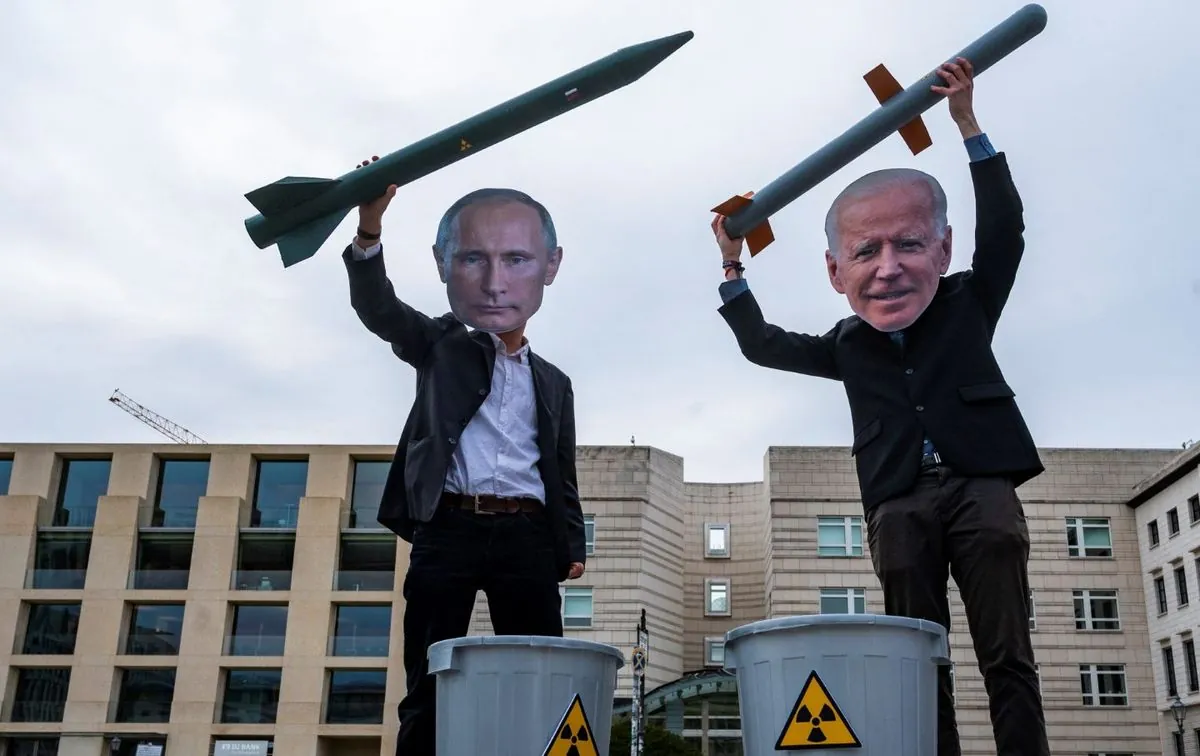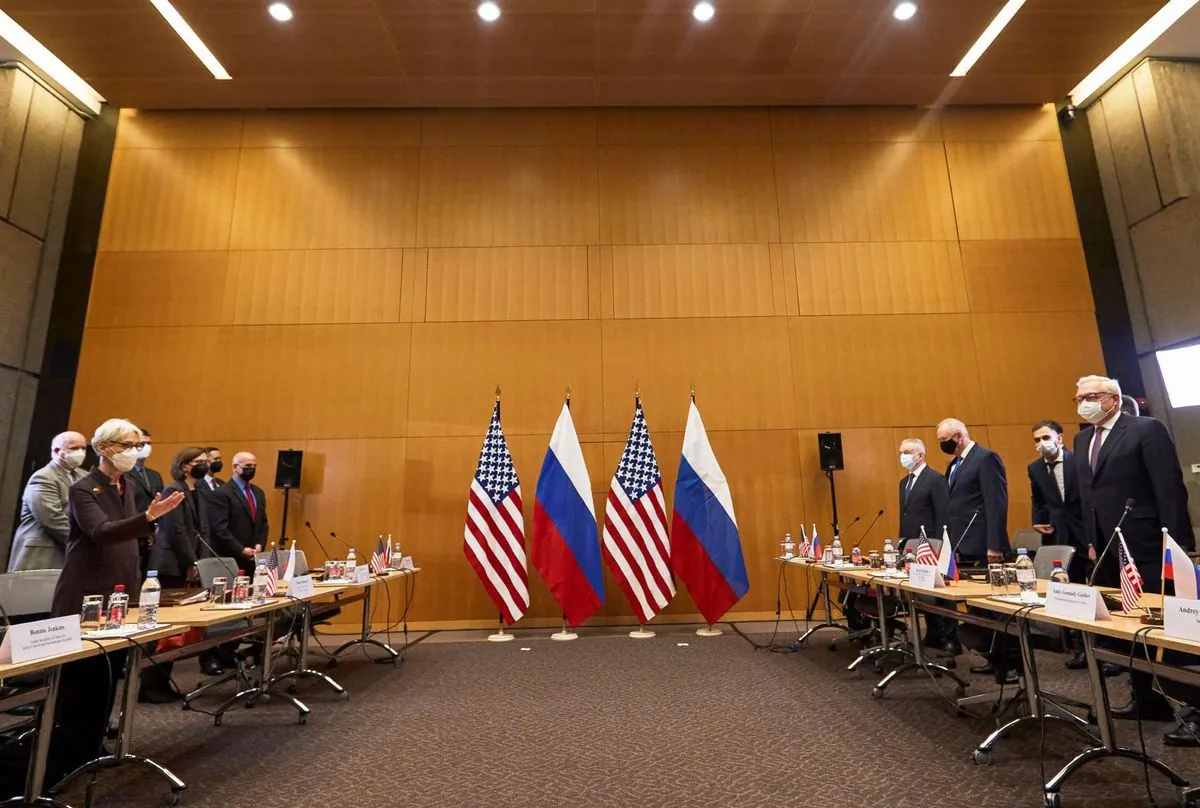Russia Rejects New Nuclear Arms Treaty with US, Citing Ukraine Conflict
Russia announces it won't sign a new nuclear arms treaty with the US to replace the expiring New START agreement. The decision is linked to US support for Ukraine in the ongoing conflict.

In a significant development for global nuclear arms control, Russia has declared its intention not to sign a new treaty with the United States to replace the New Strategic Arms Reduction Treaty (New START), set to expire on February 5, 2026. This decision, reported by the Izvestia newspaper, cites an unnamed senior Russian official and is attributed to ongoing tensions between the two nations, particularly regarding the conflict in Ukraine.
New START, the last remaining nuclear arms control agreement between the former Cold War rivals, has been a cornerstone of efforts to limit strategic nuclear arsenals and enhance transparency through verifiable limits on warheads, missiles, and bombers. The treaty, which entered into force in 2011, limits each side to 1,550 deployed nuclear warheads and 800 deployed and non-deployed launch vehicles.
Vladimir Putin suspended Russia's participation in the treaty in 2023, although both Moscow and Washington have continued to adhere to its limitations. The Russian source quoted by Izvestia stated, "We suspended our participation in the START-3 treaty because of Washington's actions. And we will not sign a new agreement. Otherwise, it will only entertain the pride of the United States."

The decision not to pursue a new treaty marks a significant shift in nuclear arms control dynamics. New START has been instrumental in maintaining strategic stability, allowing for regular data exchanges and on-site inspections. It permits each nation to conduct up to 18 on-site inspections annually and exchange data on their nuclear arsenals twice a year.
"We suspended our participation in the START-3 treaty because of Washington's actions. And we will not sign a new agreement. Otherwise, it will only entertain the pride of the United States."
This development raises concerns about the future of nuclear arms control. New START is the successor to several previous agreements, including START I and the Moscow Treaty, reflecting decades of diplomatic efforts to reduce nuclear risks. Its expiration without a replacement could potentially lead to an unconstrained nuclear arms race.
The treaty's importance extends beyond numerical limits. It includes provisions for satellite and remote monitoring of nuclear facilities, contributing to mutual understanding and reducing the risk of misinterpretation or miscalculation. The verification regime, while less intrusive than its predecessor START I, has been crucial in maintaining trust between the two nuclear superpowers.
Russia's decision appears to be directly linked to the ongoing conflict in Ukraine and perceived US support for Kyiv. This connection underscores the complex interplay between regional conflicts and global strategic stability. The situation highlights the challenges of maintaining arms control agreements in an era of heightened geopolitical tensions.
As the 2026 expiration date approaches, the international community will be closely watching for any signs of renewed dialogue or alternative proposals to maintain some form of nuclear arms control framework. The absence of such an agreement could have far-reaching implications for global security and the future of nuclear non-proliferation efforts.


































